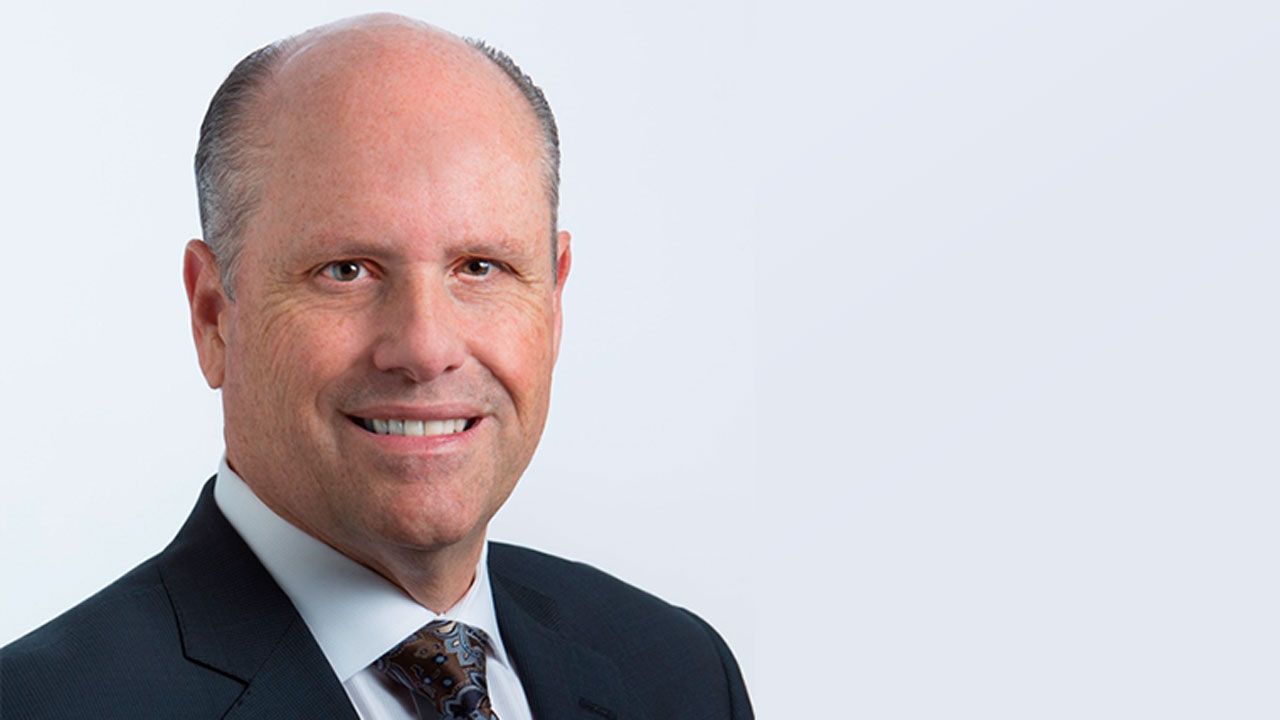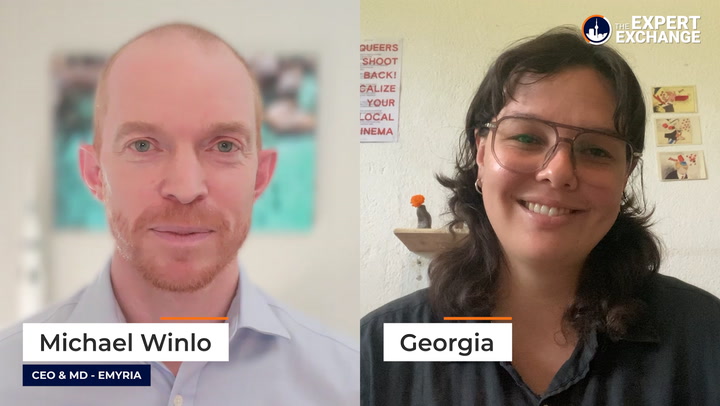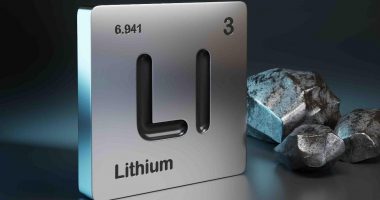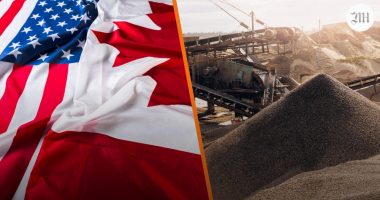COVID-19 has wreaked havoc on various sectors, causing investors to scratch their heads.
While many companies have experienced many setbacks, significant losses and slumps in their share price, some have managed to face the virus head-on and use it to their advantage.
Among these is biotech giant, CSL who is arguably leading the growth of plasma and non-plasma biotherapeutic products.
Despite this, the market darling isn’t immune to disruptions, but the company sure knows how to curve these blows.
The high
On December 31, CSL’s share price was sitting at a low of $275.15. As it entered the new year, the ASX 20-lister experienced a steady climb.
On January 16, CSL finally hit the $300-per-share mark for the first time ever. Keeping up the momentum, the market favourite achieved an all-time peak of $342.75 in mid-February.
This milestone came off the back of an upgraded 2020 profit guidance after an encouraging half-yearly report. The report detailed an 11 per cent increase in revenue and profits, compared to the prior corresponding period.
CSL lifted its profit guidance by just shy of three per cent. At the end of the 2019 financial year, CSL was expecting between US$2.05 billion and $2.11 billion in profits for 2020. But this figure was bolstered to between $2.11 billion and $2.17 billion (A$3.14 billion and A$3.23 billion) for the full year.
Along with this news, investors were pleased to hear the company’s plans to increase its dividends as floating opinions generalised the stock as being overvalued.
Much to their delight, CSL boosted its dividends to US$0.95 per share — an 18 per cent increase on its previous interim dividend of US$0.85 per share.
Unfortunately, you cannot experience sunshine without rain.
The low
Following its all-time peak, company shares dropped continuously until meeting its biggest drop so far this year. Beating its December 31 price, CSL’s shares slumped to just over $268 each in mid to late March.
Of course, few stocks were immune to at least a minor share price fall during the peak of the global COVID-19 scare, but investors scrambled, wondering whether to buy, hold or sell.
The more than 20 per cent drop in weeks leading up to the tail-end of March was partly a result of a panicking frenzy as the always-defensive stock matched its 2019 new years eve woe.
Perhaps investors also didn’t consider CSL to be a worthwhile bargain as they could have picked up the biotech giant’s shares for a similar price in November of last year, when the same share price was making record highs.
Slowly and surely, however, CSL’s shares climbed back up on the eve of April, reaching a high of $325 per share — a peaked price not seen since late February.
Navigating COVID-19
Essentially, CSL develops innovative biotherapies and influenza vaccines that save lives, and help people with life-threatening medical conditions.
As the whole world has been on the edge of their seat for COVID-19 cures and preventative treatments, CSL has experienced a surge in demand for its core IVIG products and flu vaccine.
Overall, the biotech behemoth claimed there was little interruption to its supply chain. Even its facility in Wuhan, China, where the virus originated, has resumed operations.
This is a testament to the market darling’s top-tier management and ability to deliver and maintain a consistent supply to all countries, despite country lockdowns and border closures.
Unfortunately, in late April, CSL reported a slight reduction in collected plasma volumes as fewer people visit collection centres and stay home.
Analysts at Sage Capital believe the impact of this won’t be seen for at least another 6 months due to the company’s long manufacturing cycle. This buys it some time to put in place mitigation strategies.
So what exactly is CSL doing?
CSL is applying its experience and expertise in the realm of vaccines to various collaborations. It is currently working on a COVID-19 vaccine with University of Queensland.
CSL Behring Australia, a subsidiary of CSL, announced this week that it will begin the development of an anti-SARS-CoV-2 plasma product to treat people with serious complications stemming from COVID-19.
The company is also collaborating with several other fractions to develop a hyperimmune globulin whereby you take antibodies from those who have recovered from COVID-19 to treat high-risk infected individuals.
On the flip side, CSL is partnering with SAB Biotherapeutics, a clinical-stage biopharmaceutical company, to deliver a novel immunotherapy without the need for blood plasma donations from recovered COVID-19 patients.
CSL is also going back to its early-stage biotech products, which may prove to be an effective treatment.
In the U.S., donors are paid to give plasma so donation tends to increase in times of high unemployment. As a result, it is likely CSL will see a strong upswing of collected plasma as social distancing measures are relaxed.
This will help to mitigate the reduction it experienced at the peak of self-isolation.
Billion-dollar debt facility
This week, CSL secured an additional $US750 million (approx. A$1.17 billion) in debt from offshore investors, to be spread over four maturities.
“The U.S. private placement market continues to provide CSL with good flexibility in terms of maturities and we are grateful for the ongoing support of this important debt market.”
Chief Financial Officer David Lamont said
The new private placement has an average life of 11.5 years and a weighted average interest rate of 2.68 per cent.
Investors displayed their vote of confidence once again by oversubscribing to the billion-dollar placement.
The debt issue is still subject to investor due diligence and is expected to close later this month.
In it for the long haul…
CSL confidently remains an attractive long-term investment opportunity.
If its solid reputation for exceptional management and sustained choice to invest in only the best manufacturing facilities isn’t enough, the company reaffirmed its 2020 profit guidance that it announced pre-COVID-19.
Furthermore, investment banking company, Goldman Sachs, said CSL is in the right place to “benefit from favourable dynamics in the immuno-globulin market and is forecasting strong growth for Privigen and Hizentra, two treatments for auto-immune diseases”.
The global plasma product market is growing at a healthy 8-10 per cent per year according to experts at Sage Capital.
Demand for immunoglobulins is being driven by increased diagnosis and awareness of conditions that benefit from this treatment. A further benefit (depending on how you look at it) is constrained supply has led CSL to be the only plasma fractionator that has continued to invest and open plasma collection centres over the past decade.
CSL’s manufacturing efficiency allows it to take more product and value per litre of plasma than its biotech competitors, thus making CSL the lowest cost producer. This translates to higher profits and boosts its ability to invest in research and development (R&D) for new products and therapies.
CSL is renowned for reinvesting a hefty cashflow back into R&D projects, after all, history has shown it can make a return on an investment of over 25 per cent.
During volatile uncertain market conditions, if you’re looking to hold, or even buy in shares, CSL’s efficiency and growth prospects make it a sustainable long-term investment.
At market close, CSL’s shares dipped 2.19 per cent and trading at $301.18 each.








